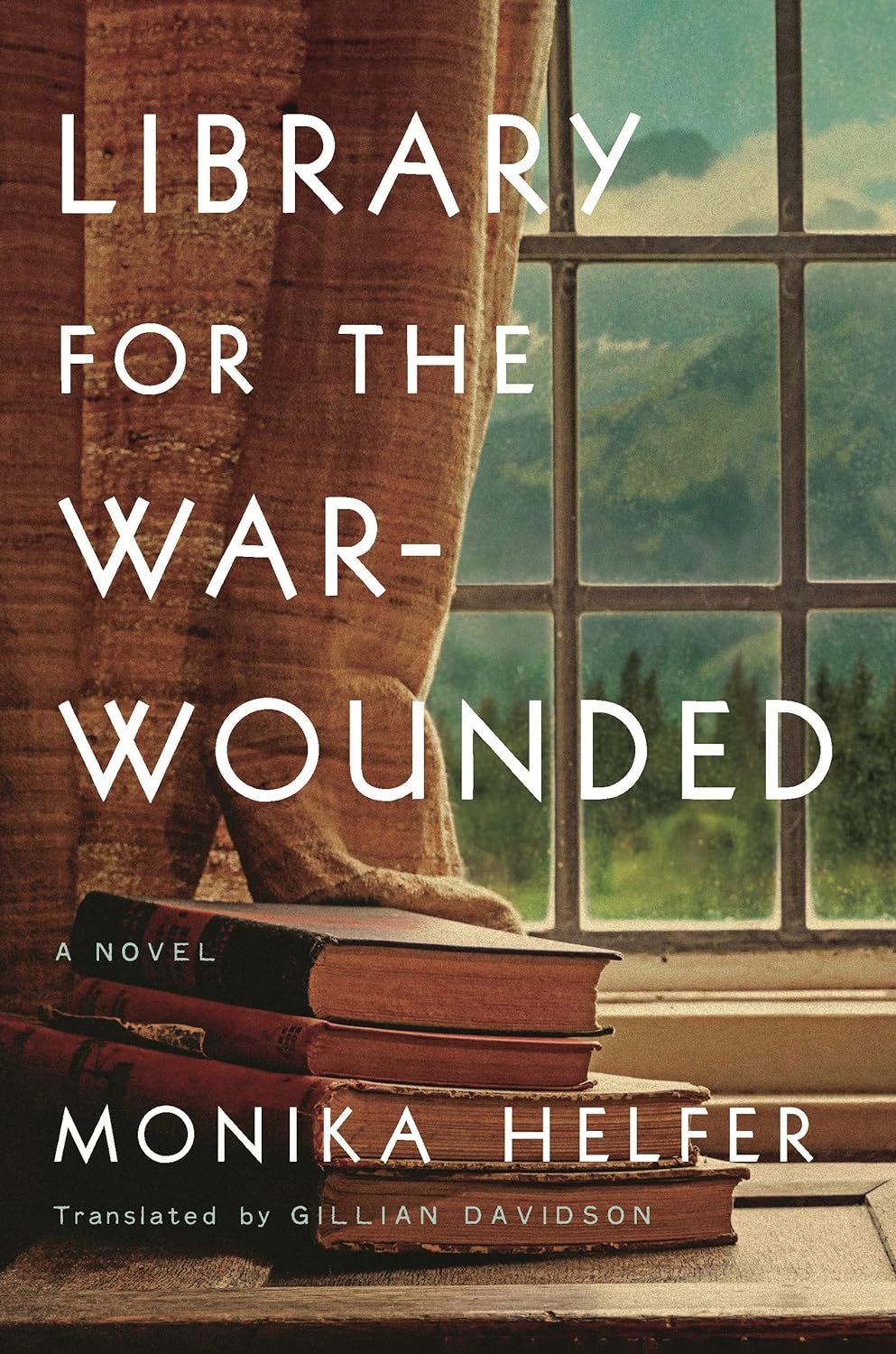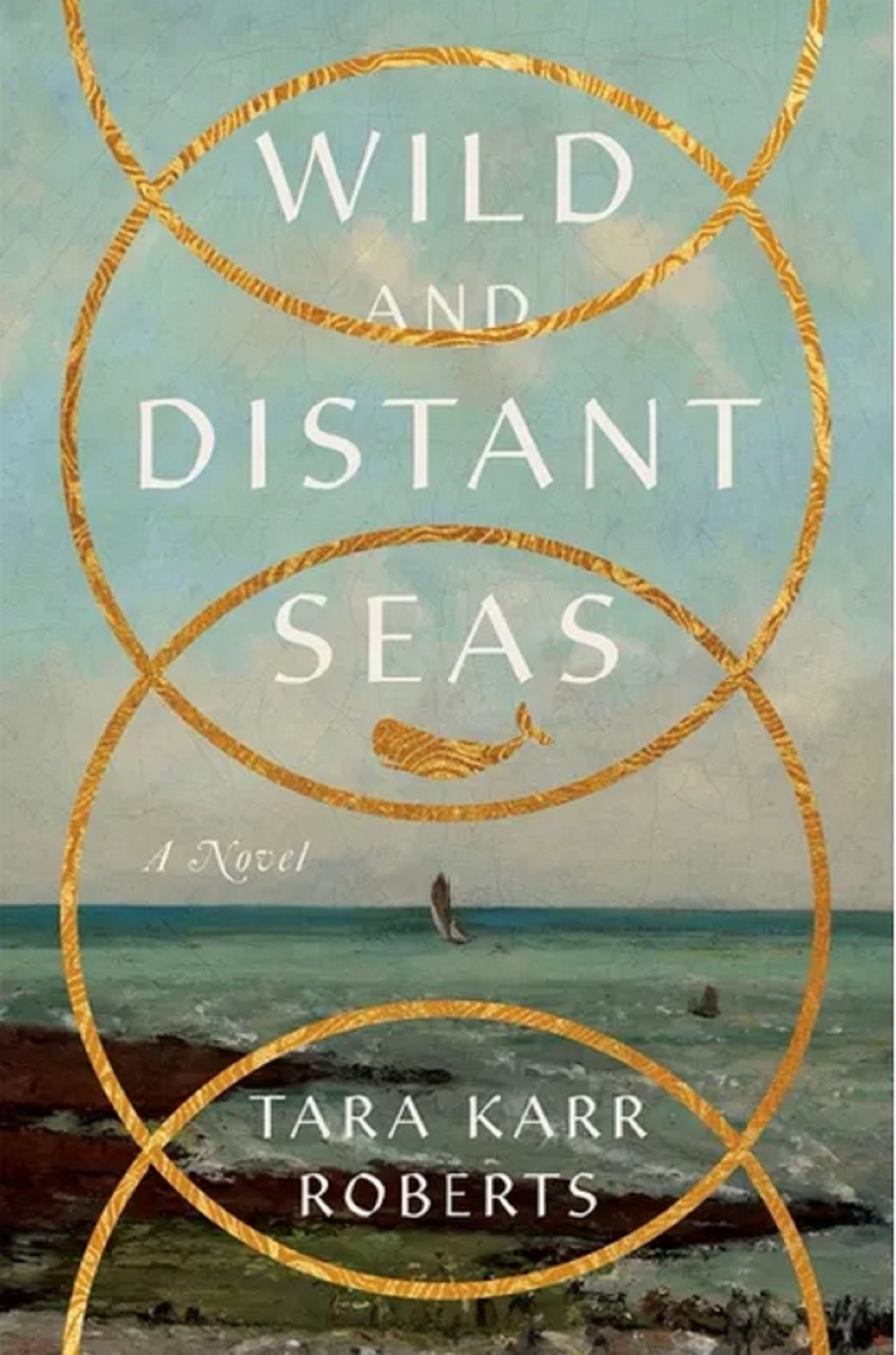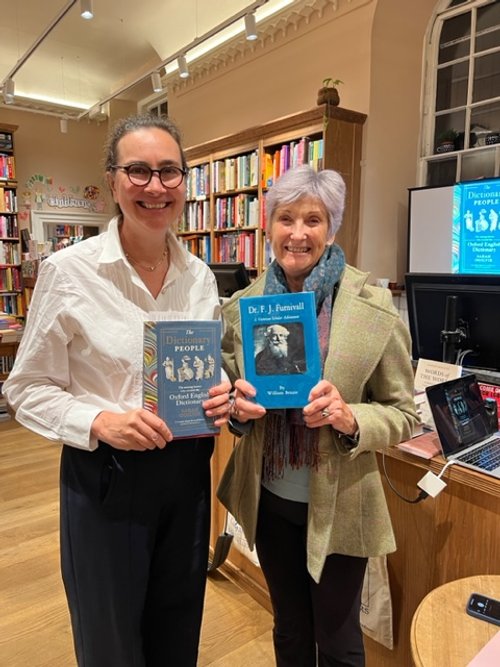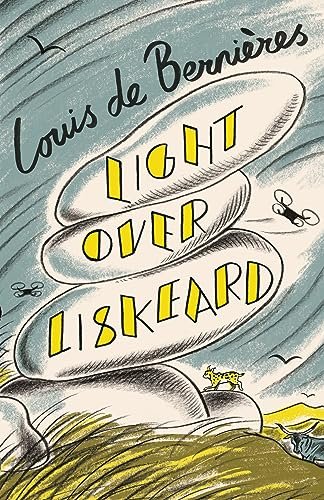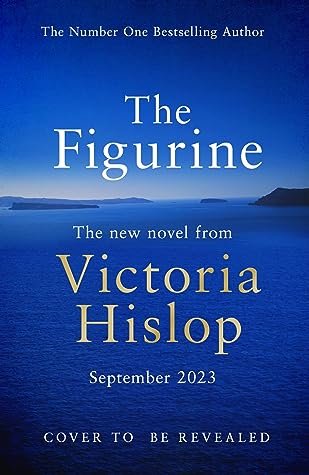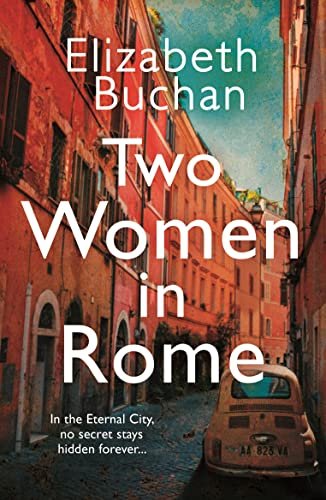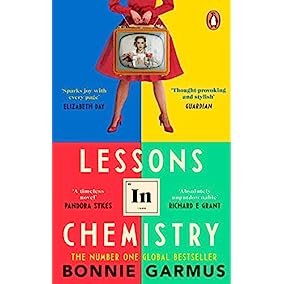Books for your Christmas wish list!
A while ago I recommended several books I’d read over the summer. Now I’m sharing some I’ve read this autumn - and saving the very best til last ….. including the author I met recently and what I’m reading for Advent this year.
Library for the War Wounded is a beautiful and touching 'memoir' - fiction based on the author's own life experiences. Moniker Helfer is an Austrian author whose award-winning book has been translated into English for the first time. It is the second in a trilogy of war-time memories and the impact of the war on people's lives.
Father - Vati, not Papa or Father, as he thought Vati sounded more modern - is Josef, an illegitimate child from Salzberg, who lost a leg in the war when he was sent to Russia to fight. On his return, having married his nurse, Grete, he becomes the director of a home for injured soldiers. It's high in the Austrian Alps, isolated and remote, and there he begins to amass a vast library. It's here on the mountain that he buries himself and his family, while the repercussions of the war are felt by each of them.
The stream of consciousness through the book doesn't allow for chapters. It's more like reading the narrator's journal as she seeks answers to some of her questions - who are my parents, particularly my father? What has caused him to be the way he is? Why has he chosen to almost hide away in this place and to concentrate on his books? And why does he eventually squirrel them away?
Seeking to understand what has made our parents into the people they are is always difficult, sometime painful, often enlightening. This book considers the narrator's father; it's a concentrated and occasionally confusing account as there are some flashbacks inserted into the narrative. Overall, it's a gripping account of a WWII veteran and how his own traumas from his early life and especially from the war have impacted him and through him, his family. Which also then asks the question, can we inherit trauma?
I enjoyed this so much that I now want to read the other two books in the trilogy.
My thanks to the publisher and to Netgalley for allowing me to read the Advanced Reader Copy. I'm very glad to have read this!
A clever spin-off from the classic story of Moby Dick, this book follows four generations of women whose lives are impacted by the seas, by a man named Ishmael, and by their own choices. Evangeline Hussey is the clam-making inn-keeper from the tale of Moby Dick, and the book begins with her story. Evangeline has the 'gift' of seeing into people's minds and somehow changing their memories of recent events. It's a gift that is passed on in some form to her daughter, Rachel, to her granddaughter Mara and to her great-granddaughter Antonia. Each generation's story is compelling and fascinating, and involves countries and continents as each woman searches for the elusive 'Ishmael' who originally turned up on Evangeline's doorstep. From 1849 - 1905, the search continues from the USA to South America, to Europe and back to the USA, coming full circle in this compelling read.
Searching for Ismael is perhaps an allegory for the search for belonging and for home; and for knowing one's context and purpose. Each woman is searching for something deep and important, for happiness and meaning, all veiled as a search for the man they know as Ishmael. And in the end they and we realise that interfering with how others think, trying to change things for one's own ends, does not guarantee contentment, wealth or happiness. Or indeed the sense of home.
This is very well-written literary fiction and an extraordinary debut novel. I hope to read more in the future by this author.
With thanks to Netgalley, the author and the publishers for the ARC. All views expressed are my own.
This is the first book I have read by Nancy Revell, and so I have no 'background' of her shipyard series. The Widow's Choice is therefore a stand-alone read for me. Note that this review contains spoilers.
Set just after WWII, it's the story of Angie, a miner's daughter from Sunderland, who has married a local land owner and moved into his large grand estate house. Also in the house are her brothers and sisters, her toddler daughter, and her parents-in-law, as well as various staff members of the house and stable yard.
The story lurches from one terrible disaster to another, beginning with a fatal accident involving a big horse, and Angie must make choices which will involve her family and the estate. Alongside that run the stories of an elderly Polish lady who also lives with them, and of the 'evil' mother-in-law Evelyn. Oh, and the local Travellers gypsy group. And the Polish soldier from another estate. And the mother of yet another estate who hopes her son will marry the young widow. Plus the 'mams' from the local nursery. In fact, the book teems with characters.
This is a lightly historical, light romance, and by the time the handsome Polish solder arrives it is fairly obvious where it's going. He heroically rescues the family from the huge house fire, and the reader will inevitably know what happens next. There are of course ups and downs along the way, twists and turns to the plot and in Angie's decision making.
The book is an undemanding gentle and easy read; there are no torrid sex scenes nor modern swearing. I would happily give it to my mother to read and I think she would really enjoy it! Personally I would prefer a meatier book with a wider vocabulary. But I did enjoy it and read it fairly quickly. However I am not tempted to read any others in the series.
With thanks to the publishers and the author for the ARC.
And finally - saving the best til last:
Dr F J Furnivall, one of the trio who thought of and instigated the Oxford English Dictionary, happens to be my husband’s great-great-grandfather. And I love words and dictionaries. So when Sarah Ogilvie came to Toppings in Bath to talk about her new book, I just had to go! Sarah is lovely; I arrived early and showed her the family’s book about Furnivall, to which she exclaimed that he was one of her favourite, if rogue-ish, of the main characters - and she was so thrilled to hear of the family connection, insisting on a photograph with me! So here we are. And here’s her book, The Dictionary People. It’s a fascinating account of the many ‘ordinary’ and some not-so-ordinary, who contributed to the Dictionary buy sending in ‘slips’ with words and quotations. Sarah has spent 8 years researching this and now presents her findings in this wonderful and intriguing book. Written in 26 chapters, one for each letter of the alphabet of course, it tells of families and individuals, of women and men, of murderers, vicars, polyglots, of those from home and those from abroad, and really of all sorts and kinds of people, who became involved and many of whom voluntarily sent in hundreds and thousands of slips. Even if you’re not so keen on words or dictionaries, this is an amazing account of Victorians and Edwardians, who helped to form the OED. I gave a copy to my 13 year old granddaughter, who devoured it and found it enthralling. As did I. Definitely one to include on your wish list, and/or one to give to others.
read the book about the OED to find out!
And if you want fiction about the OED, I very much enjoyed Pip Williams’ 2 books, both being about the beginnings of the OED and the role played by women.
What suggestions do you have for my wish list/TBR pile? I’m about to dip into Katherine May’s ‘Wintering - the power of rest and retreat in difficult times.’ Have you read it?
And for advent this year, I’m preparing for the coming of Immanuel with Amy Orr-Ewing’s advent devotional focusing on Mary - "Centering a woman’s perspective at Christmas is about far more than empathizing with the eye-watering feats of planning that go into pulling off seasonal festivities. Paying heed to a woman’s viewpoint is necessary if we are going to truly celebrate Christmas, because the central character of the Christmas story, other than the baby Jesus, is a woman called Mary."
What will you be doing to prepare for the coming of the Messiah at Christmas?
I’d love to hear from you- just hit reply.

